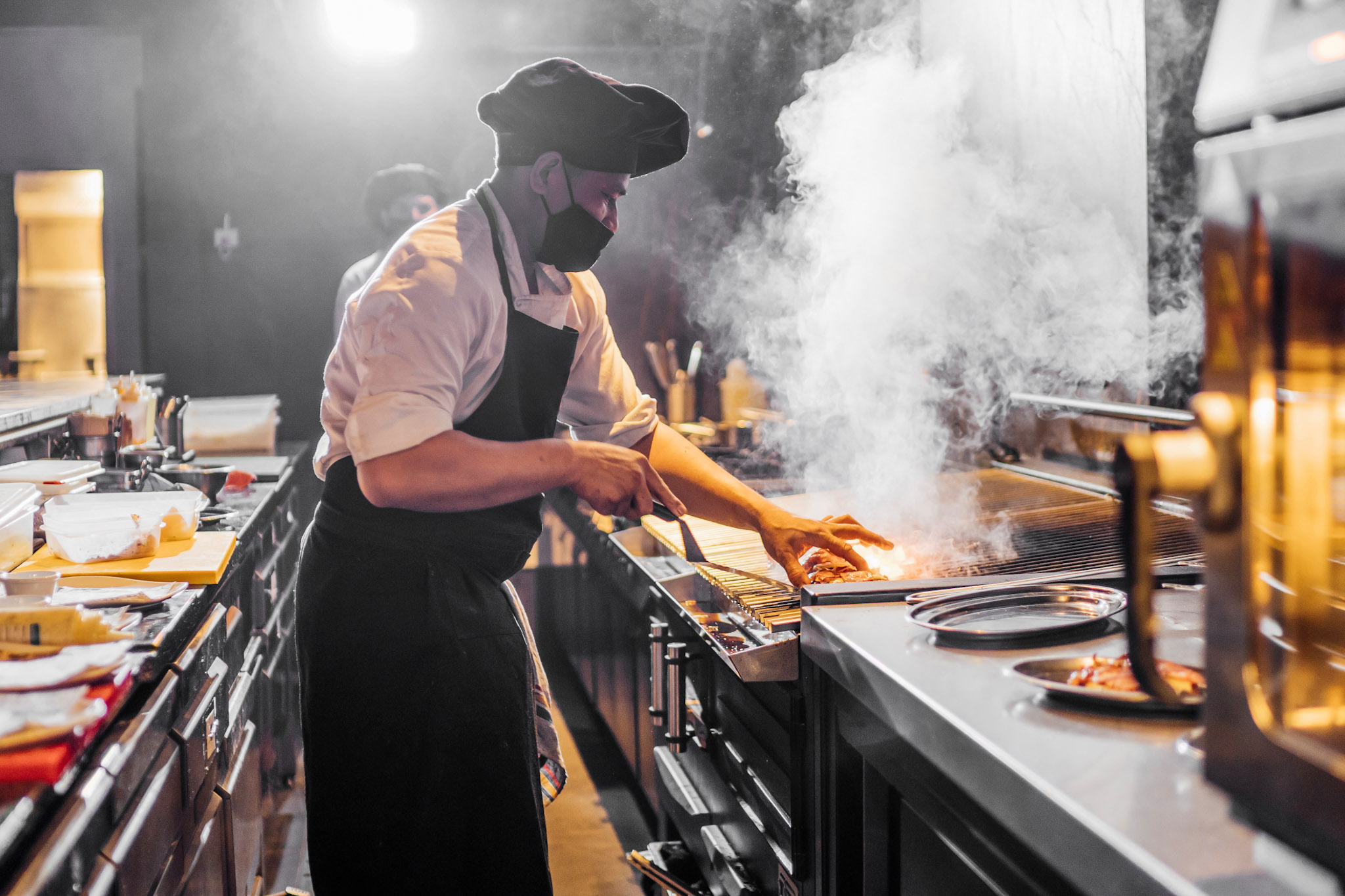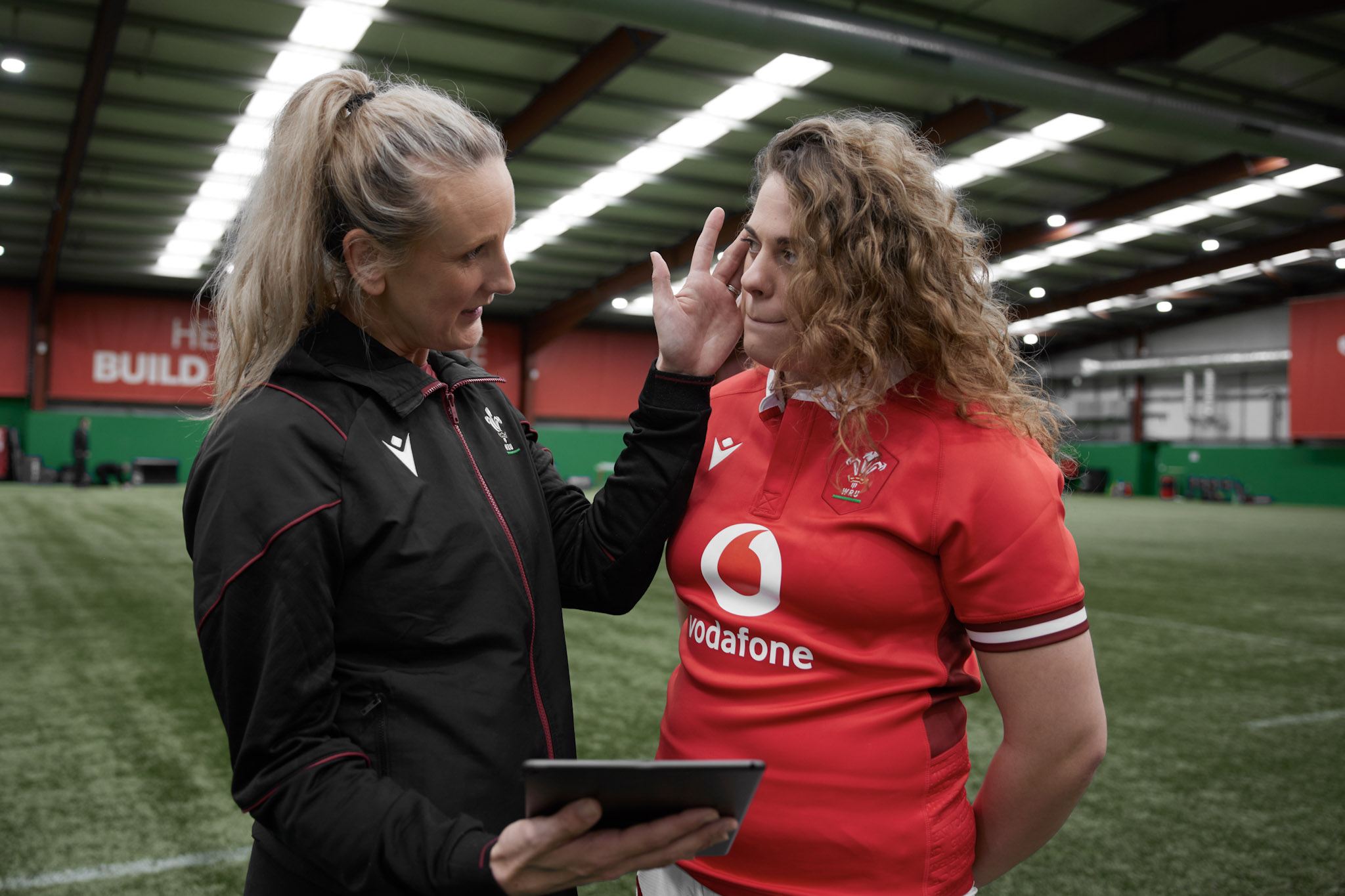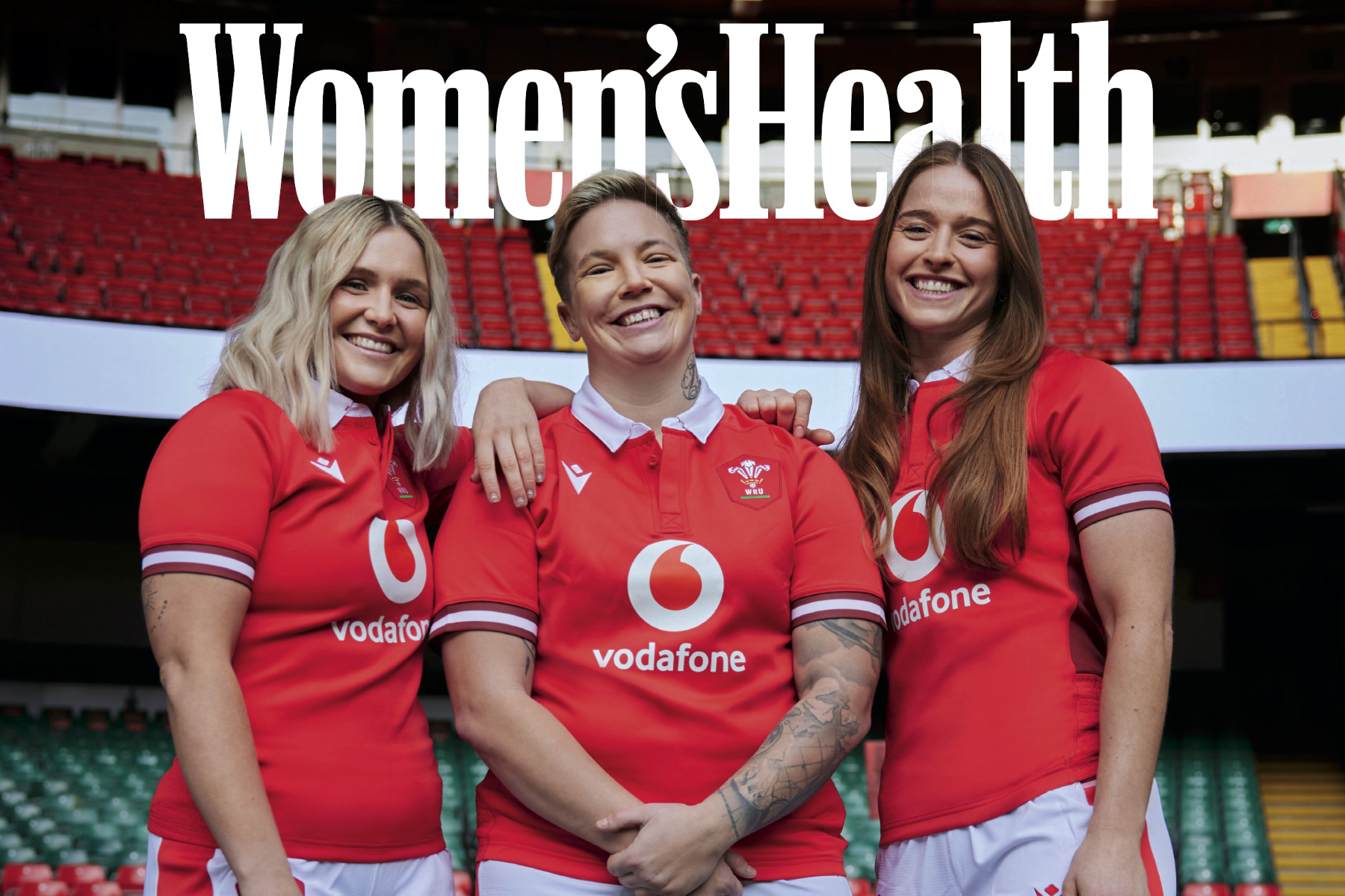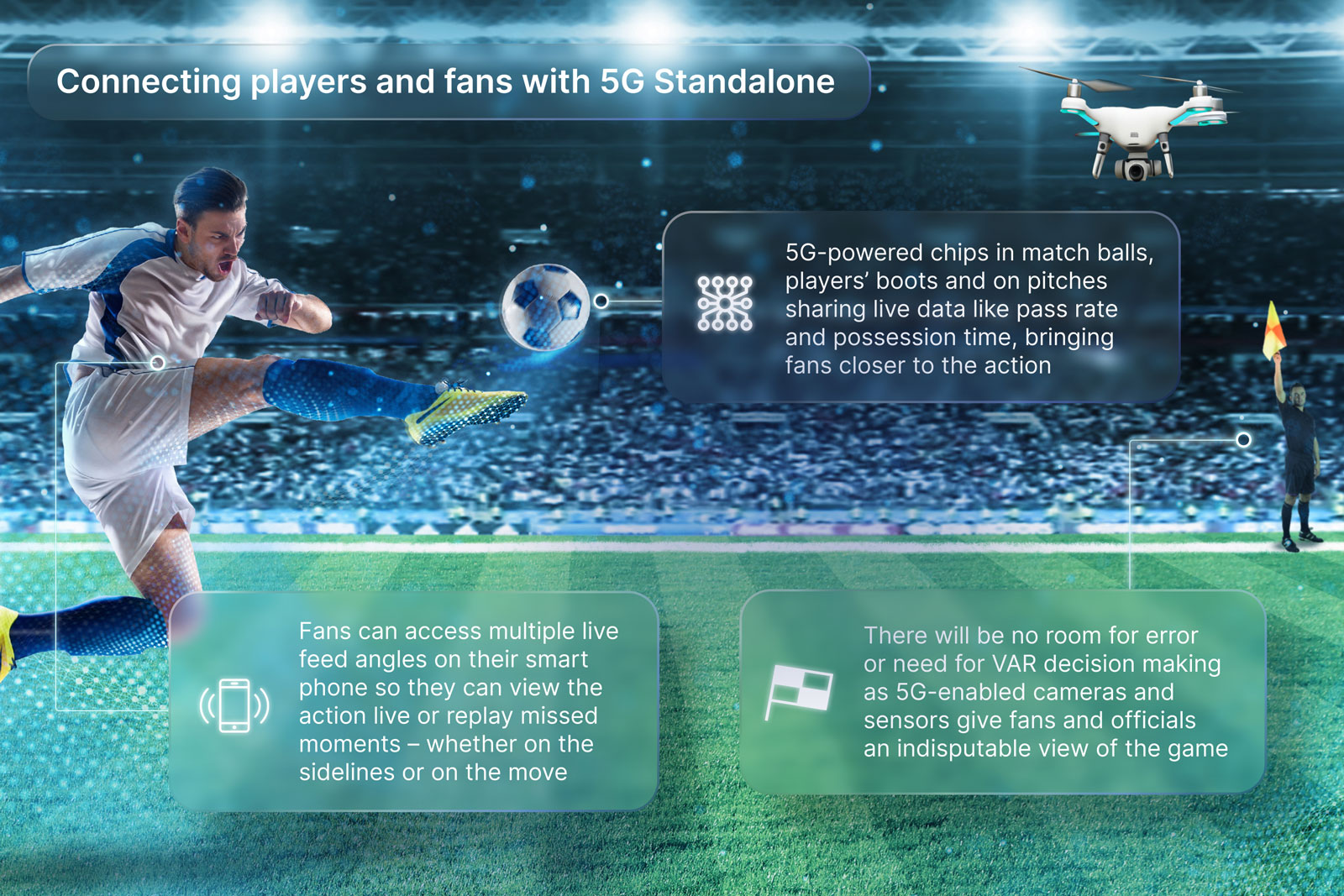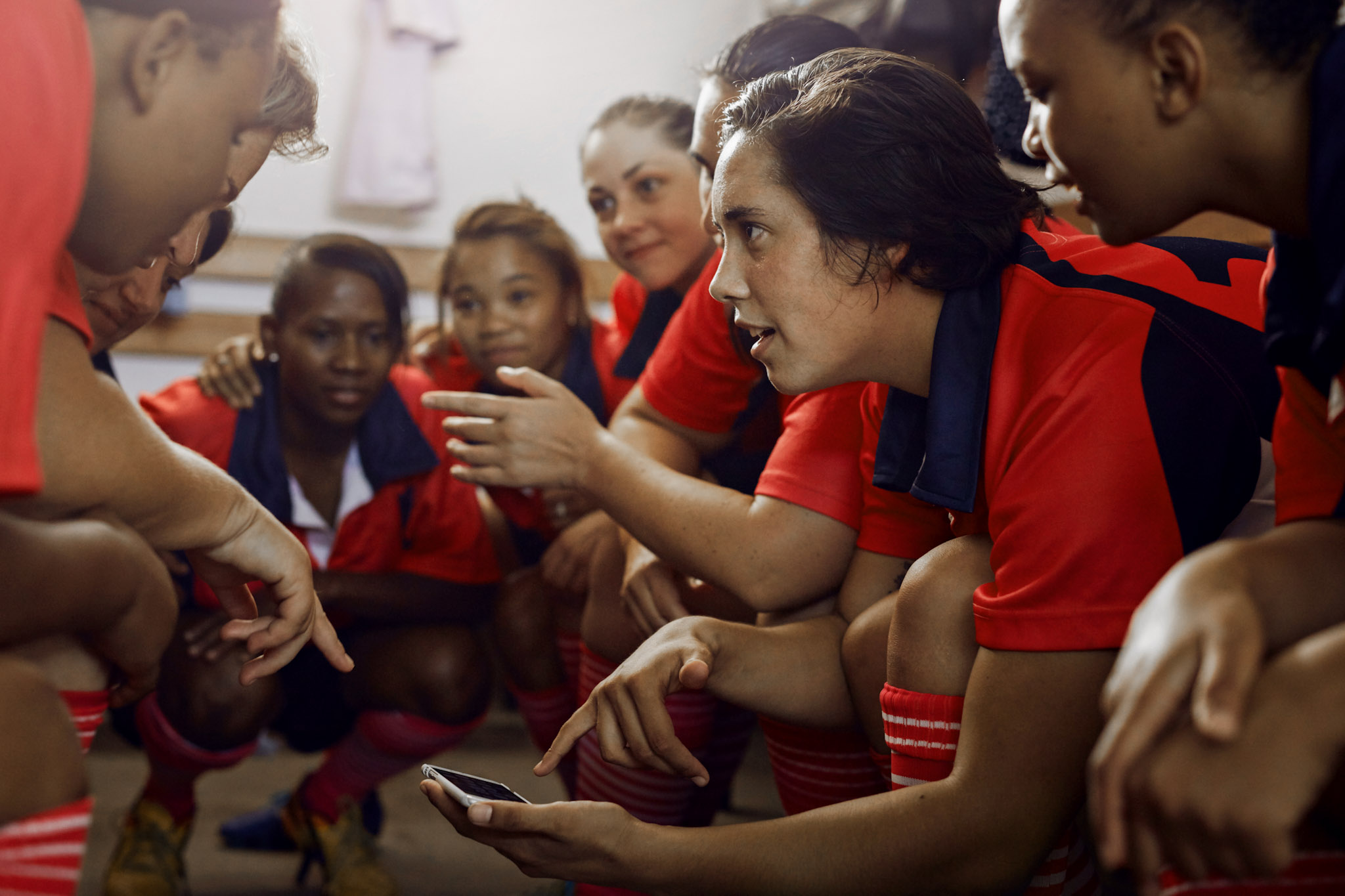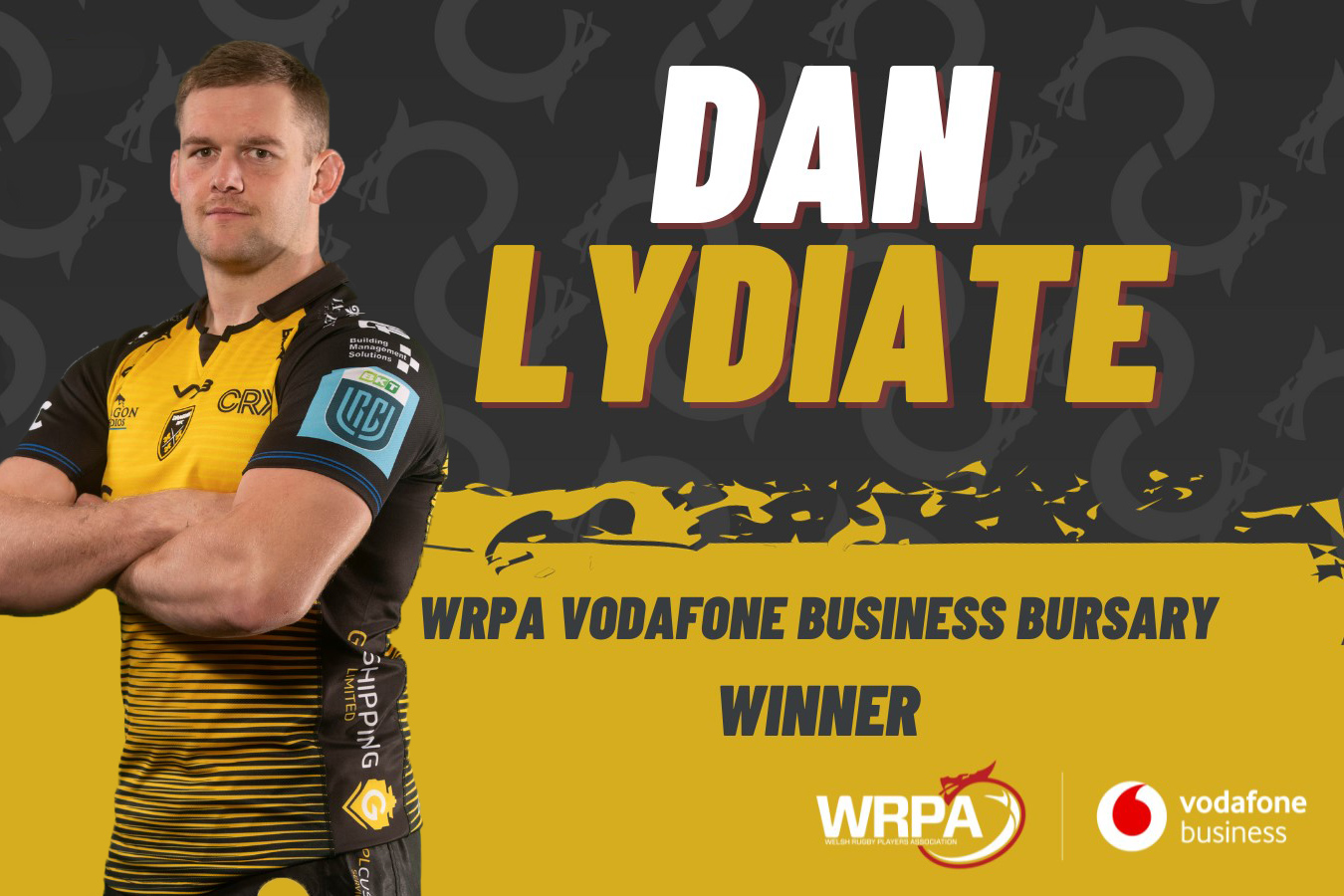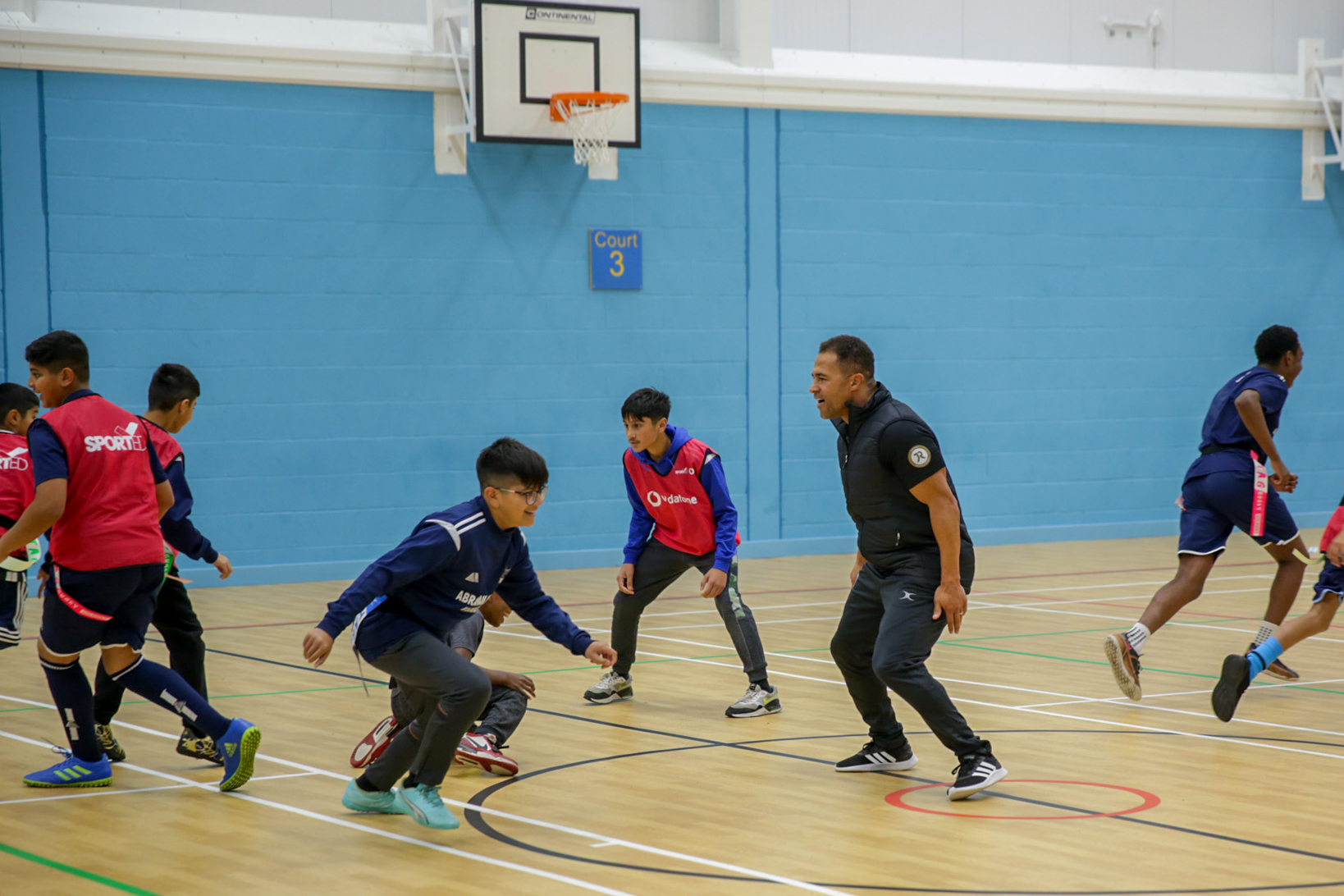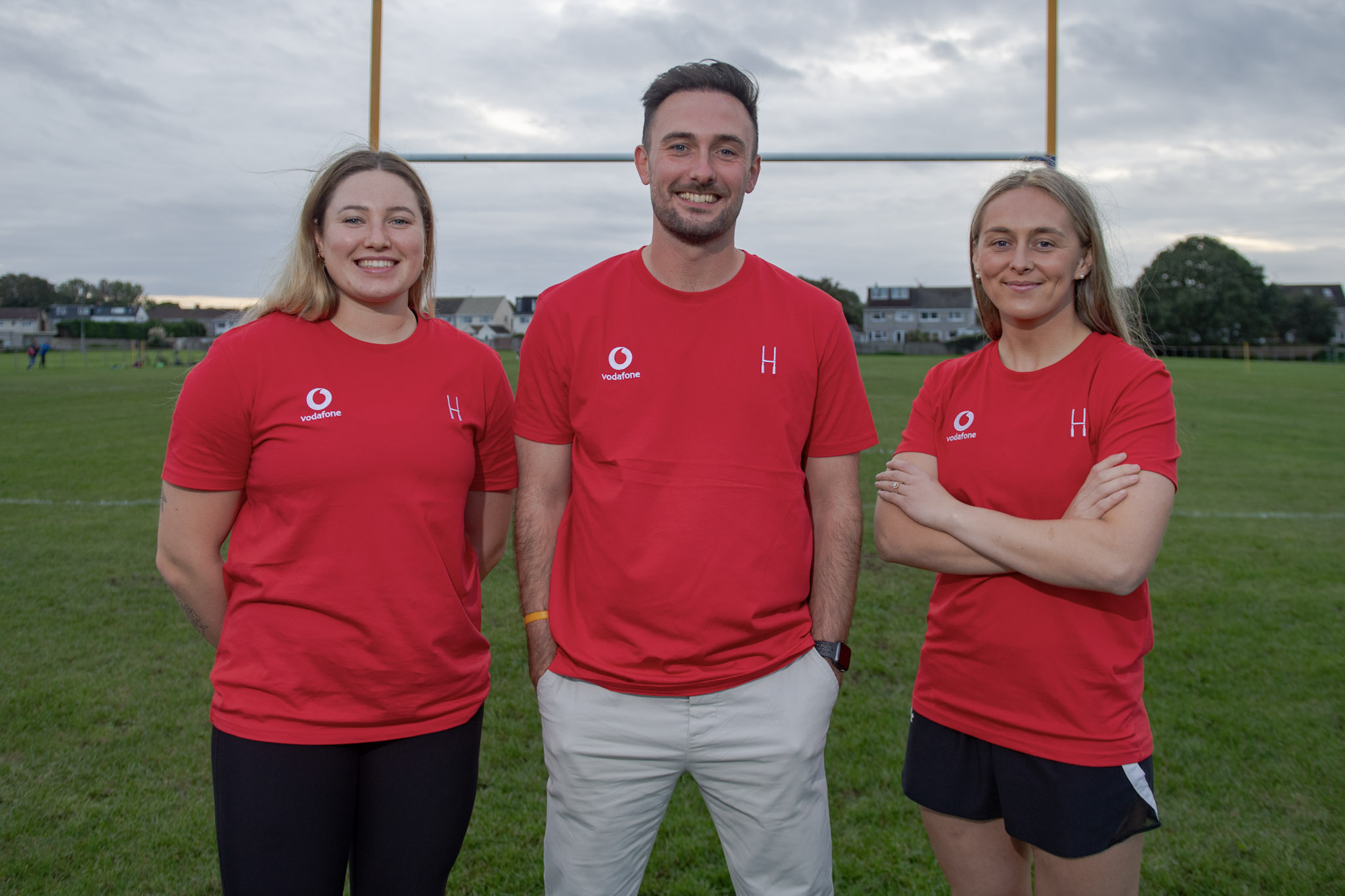SailGP is like the Formula 1 of sailing featuring the fastest boats in the world competing for a million-dollar prize. Vodafone connectivity is crucial to the running of this high-adrenaline international championship.
There are eight teams, representing different nations, and nine races around the world, from Bermuda to Australia, the UK to Italy.
State-of-the-art catamarans, called F50s, fly over the water at speeds of up to 95km/h (nearly 60mph) – three times faster than the wind that powers them. They can turn on a sixpence and represent the pinnacle of sailing technology.
Their sails are more like jet plane wings harnessing massive forces as they speed along. And when the foils are submerged in the water they act like wings, too, lifting the boat off the surface, which reduces drag and increases speed.
But it also increases the danger. Sometimes these boats go so fast they become almost fully airborne, crashing back into the sea with tremendous force, subjecting their five-person crews to huge jolts.
Crucial connectivity
The 15-minute races are fast and furious – near collisions are common – requiring vigilant umpires and marshals to check that the competing boats are playing fairly and keeping within the course boundaries. Vodafone provides the communications these organisers and marshals need to run such a frenetic sport, as they pass vital data from their connected iPads to the shore in real time.

Credits: Bob Martin for SailGP
The buoys, or marks as they’re called in the sport, are also equipped with Vodafone SIMs. They mark out the course and constantly transmit water and weather condition data to the race organisers. Viewers and participants are shown a 3D digital map overlaid onto the live footage so you can see which team is in the lead, which way the wind is blowing, and how fast the boats are going.
Warren Jones, SailGP’s Chief Technology Officer, says: “Having the ability to know where those marks and support boats are on the water is pretty important to us.
“At SailGP we deal in milliseconds rather than seconds, so having access to Vodafone’s low-latency network helps us get that information from the water in Plymouth Sound, say, to a data centre in London as quickly as possible.
“It’s truly amazing.”
‘Best of the best’
Whereas F1 racing cars can have different makes of engine and slightly different designs, the F50 boats are all exactly the same so that the teams can compete on an equal footing. Crews can be mixed, male and female – recent Olympic sailing gold medal winner Hannah Mills is a member of the GB squad. And each team is allowed to see other teams’ data collected by a battery of onboard sensors.
SailGP is the brainchild of billionaire Oracle co-founder Larry Ellison and Sir Russell Coutts, an Olympic medal winner in sailing. Although it is only in its second season, the format already seems to be capturing the public’s imagination. With plenty of onboard and chase boat camera action, there are thrills and spills a-minute and viewers can almost feel the salt spray in their faces.
Niall Treacy, SailGP’s European Commercial Manager, says: “We’ve created a commercially viable sailing platform that features the best of the best sailing talent from around the world, all competing for a $1m prize.
“But we’re also really proud of the fact that SailGP is carbon negative, climate positive, meaning that we offset more carbon emissions than we actually produce, by planting mangrove forests, centralising operations to reduce air miles, and partnering with One Carbon World, a global resource partner of the UN Climate Neutral Now Initiative,” he says.
Speedy connectivity is obviously an essential component of this exciting sport. Combining that with sustainability and diversity is making for a winning combination.
Stay up-to-date with the very latest news from Vodafone by following us on Twitter and signing up for News Centre website notifications.
![2-Young man enjoying a rugby match at the stadium[Adobe Stock] stock image of a happy bearded man in the stands at a stadium enjoying a rugby match](https://www.vodafone.co.uk/newscentre/app/uploads/2024/04/2-Young-man-enjoying-a-rugby-match-at-the-stadiumAdobe-Stock.jpg)
